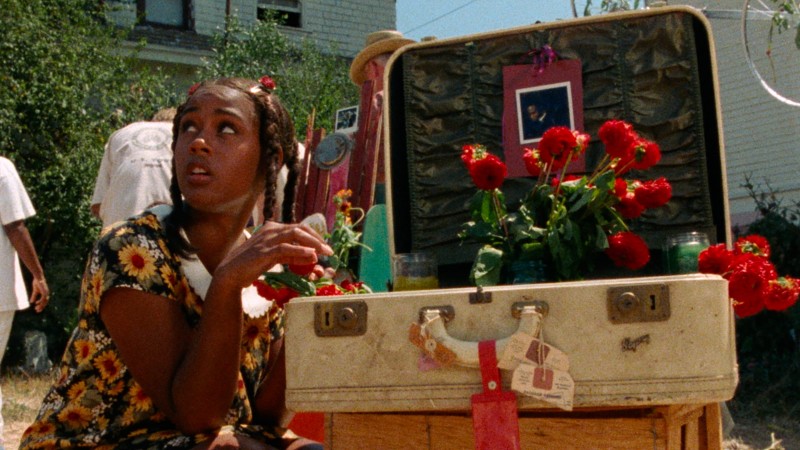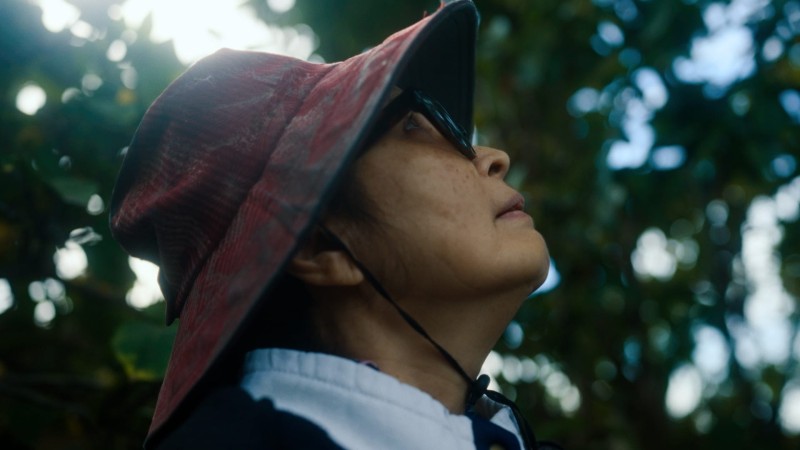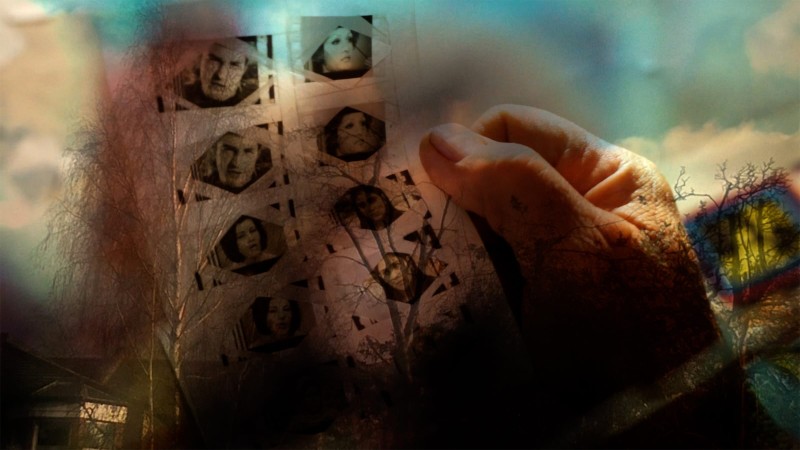A Moment When I Forgot My Home: A Conversation with Miko Revereza

Miko Revereza was in the middle of a flight from Manila to an artist residency in Vancouver when the first COVID-19 travel bans went into effect and upended his itinerary. Upon arrival, he learned that his residency had shifted from in-person to online, and he flew to Mexico to spend the lockdown with his partner. His time away from home has since been prolonged indefinitely. More than a year later, he lives out of the same suitcase he had packed to last him a week and operates under a “two-shirt policy”—wearing one shirt while another hangs to dry. The suitcase’s contents have accompanied him on his journeys between Mexico City and Oaxaca, where he and codirector Carolina Fusilier recently finished their upcoming feature-length film, El lado quieto, about a mythological sea creature from the Philippines, known as a Siyokoy, that gets sucked into an oceanic current on the old Manila Galleon trade route and spat out into a deserted resort town in Mexico.
On the day he joined me for a Zoom call, Revereza was in Oaxaca and planning to head back to Mexico City the next day. He seemed to have settled into his wayward state. We discussed his work, particularly a series of films that have won him acclaim on the international festival circuit and are now playing on the Criterion Channel: his feature, No Data Plan (2019), and his short films Distancing (2019) and Disintegration 93–96 (2017), all of which examine the twenty-six years (between 1993 and 2019) he lived in the U.S. undocumented. By recontextualizing his family’s home movies and capturing his travels throughout the country, these films project an image of Revereza that countervails the digital profile of him that could be gathered by DACA biometrics and the government’s surveillance metadata.
Supporters of Revereza’s work often make note of his thrifty use of “limited resources,” but “limited” is misleading because it overlooks the advantages of his production process, which enables him to work independent of the patrimonial bonds and commercial imperatives so ubiquitous in the industry. No Data Plan is a guerrilla essay film that documents Revereza’s three-day trek from Los Angeles to New York via Amtrak, a mode of transportation frequented by those without documents to fly that is also often targeted for random searches by ICE. Revereza made the film with just a few basic tools he wore on his person: a DSLR camera wrapped around his neck, an unassuming pair of earbuds that record sound. The project was born of instinct—in fact, he initially had no intention of making a film out of the footage—and thus was not dependent on any grant or investor. On the train, Revereza lacked access to Wi-Fi or data, so he made diaristic observations with his camera to stave off anxiety and boredom. He recorded ambient sounds and passenger conversations, the latter inspiring the offscreen train dialogue he recreated in postproduction. Respecting the anonymity of vulnerable passengers, he kept his camera trained on the belly and exterior of the train, his curiosity spiraling inward rather than invasively outward to others. He then wrapped the film in subtitled narration that reflects on and responds to, among other things, digital communications he has had with his mother over the years. These communications were divided between his “Obama phone” and a burner with no data plan used to safely discuss anything related to immigration.





